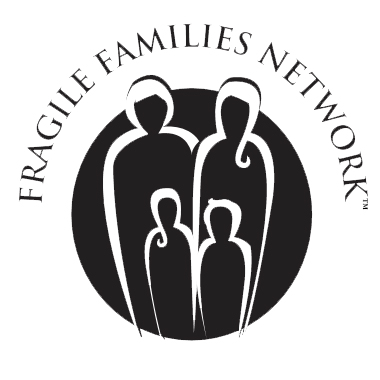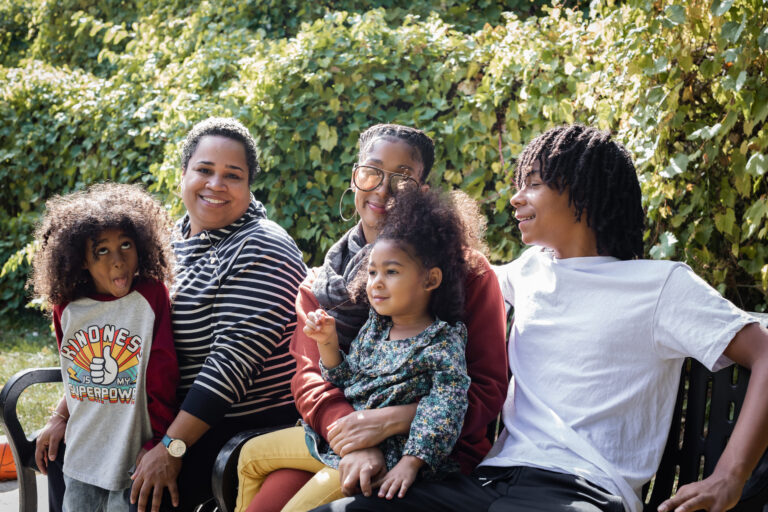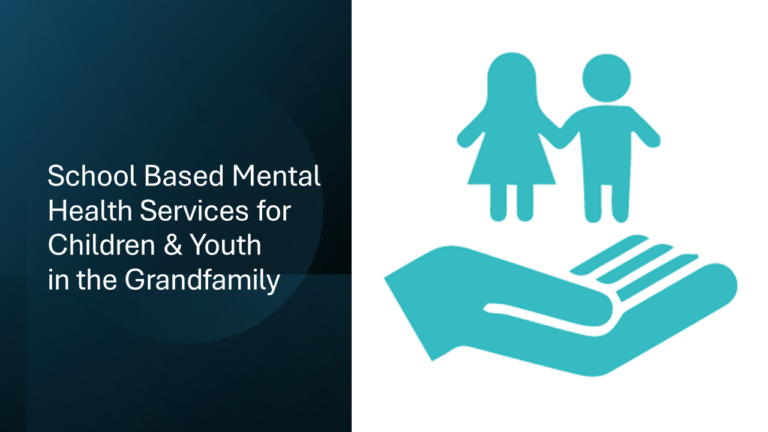Addressing Substance Abuse Prevention in Grandfamilies

Substance abuse can have devastating effects on individuals and families, especially when children are involved. Grandfamilies, where grandparents or other relatives are raising children due to parental challenges, face unique challenges in preventing substance abuse and supporting children at risk. Understanding the risk factors, implementing prevention strategies, and accessing substance abuse resources are crucial components of addressing this complex issue.
How can grandfamilies prevent substance abuse and support children at risk?
Understanding Risk Factors: To effectively address substance abuse prevention in grandfamilies, it’s essential to identify and understand the risk factors that contribute to this issue.
Key Risk Factors:
- Family History:
- Children in grandfamilies may have a family history of substance abuse, increasing their vulnerability to addiction.
- Exposure to parental substance use or witnessing substance-related issues can also impact children’s attitudes and behaviors.
- Trauma and Stress:
- Children in grandfamilies may have experienced trauma or adverse childhood experiences (ACEs), contributing to emotional distress and coping difficulties.
- High levels of stress within the family, financial strain, or instability can also increase the risk of substance abuse.
- Peer Influence:
- Peers and social environments play a significant role in shaping children’s attitudes toward substance use.
- Lack of positive peer relationships or involvement in risky social circles can elevate the risk of experimentation with drugs or alcohol.
Implementing Prevention Strategies: Grandfamilies can take proactive steps to prevent substance abuse and create a supportive environment for children at risk.
Effective Prevention Strategies:
- Open Communication:
- Foster open and honest communication with children about the risks and consequences of substance abuse.
- Encourage dialogue, active listening, and empathy to address concerns and provide guidance.
- Positive Role Modeling:
- Serve as positive role models by demonstrating healthy coping mechanisms, problem-solving skills, and responsible decision-making.
- Avoid using substances in front of children and prioritize healthy lifestyle choices.
- Education and Awareness:
- Educate children about the dangers of substance abuse through age-appropriate materials, discussions, and educational programs.
- Provide information on healthy alternatives, coping strategies, and positive peer influences.
- Establishing Boundaries:
- Set clear expectations, rules, and boundaries regarding substance use, curfews, and social activities.
- Monitor children’s activities, social circles, and online interactions to identify potential risks early.
- Seeking Support:
- Connect with support groups, counseling services, and community resources specializing in substance abuse prevention and family support.
- Collaborate with healthcare professionals, school counselors, and mental health providers for comprehensive support.
Accessing Substance Abuse Resources: In addition to prevention efforts within the family, accessing external substance abuse resources is essential for comprehensive support.
Key Resources for Grandfamilies:
- Substance Abuse Hotlines and Helplines:
- National helplines and local resources offer confidential support, information, and referrals for individuals struggling with substance abuse.
- Counseling and Therapy Services:
- Individual or family counseling can provide guidance, coping strategies, and interventions for addressing substance-related issues.
- Community Prevention Programs:
- Participate in community-based prevention programs, workshops, and initiatives focused on substance abuse education and awareness.
- Treatment and Recovery Centers:
- Explore treatment options, rehabilitation programs, and support services for individuals seeking recovery from substance use disorders.
- Parenting and Family Support Groups:
- Join support groups specifically tailored to grandfamilies, offering peer support, information sharing, and practical strategies for addressing substance abuse challenges.
By proactively addressing risk factors, implementing prevention strategies, and accessing relevant resources, grandfamilies can play a vital role in preventing substance abuse and supporting children at risk. Creating a supportive, nurturing environment based on open communication, positive role modeling, and collaboration with community resources is key to promoting healthy behaviors and well-being among children in grandfamilies.
In conclusion, addressing substance abuse prevention in grandfamilies requires a multi-faceted approach that involves education, communication, and access to support services. By working together and prioritizing the well-being of children, grandfamilies can create a safer and healthier environment for future generations.
©2024 Fragile Families NETWORK







